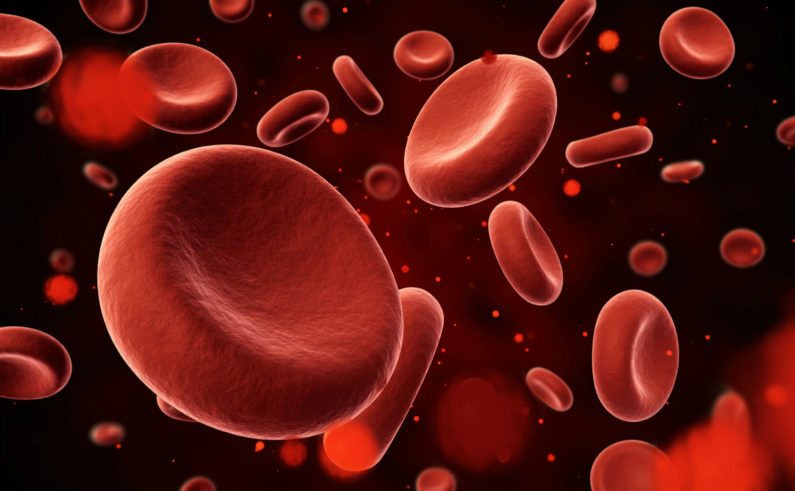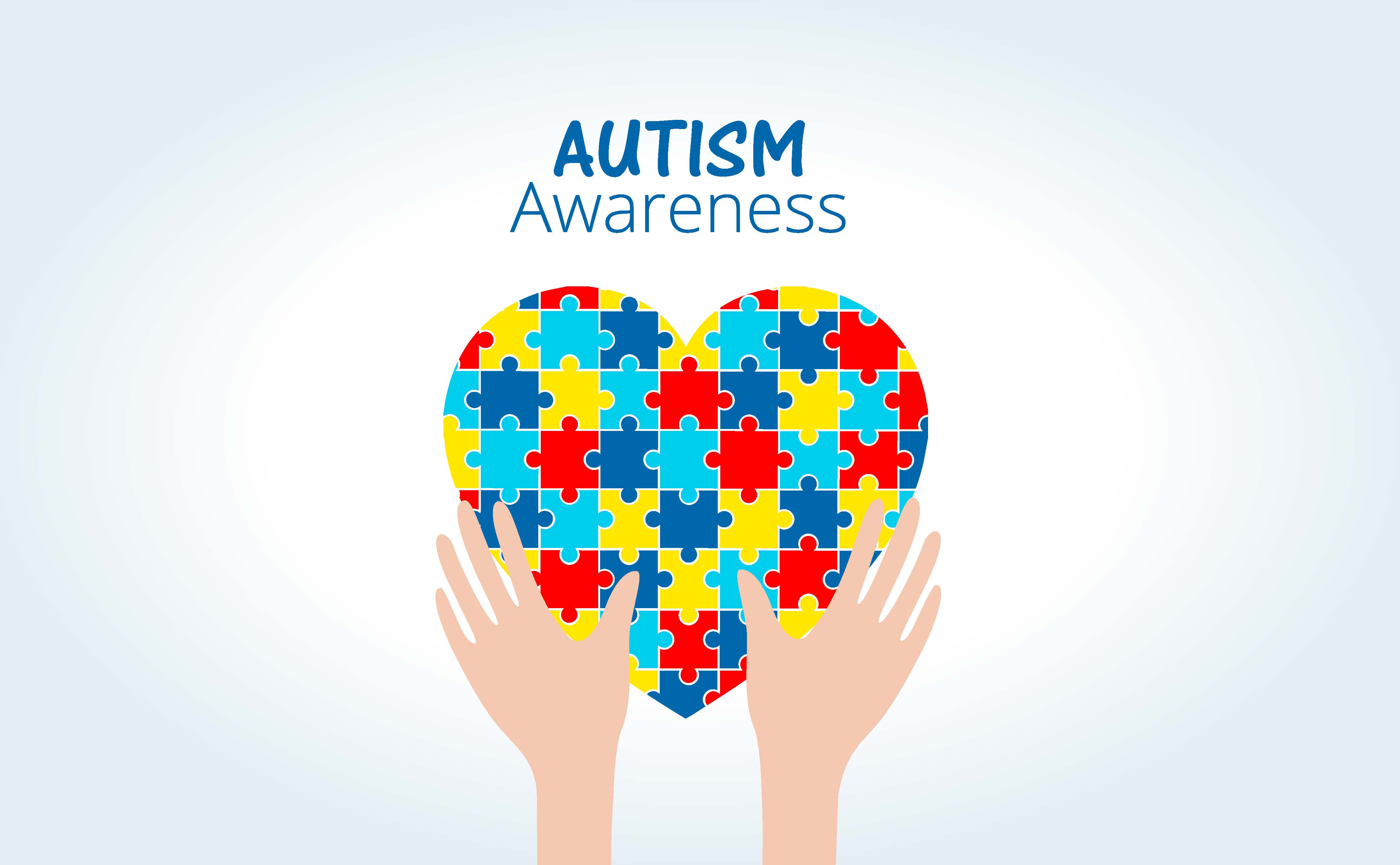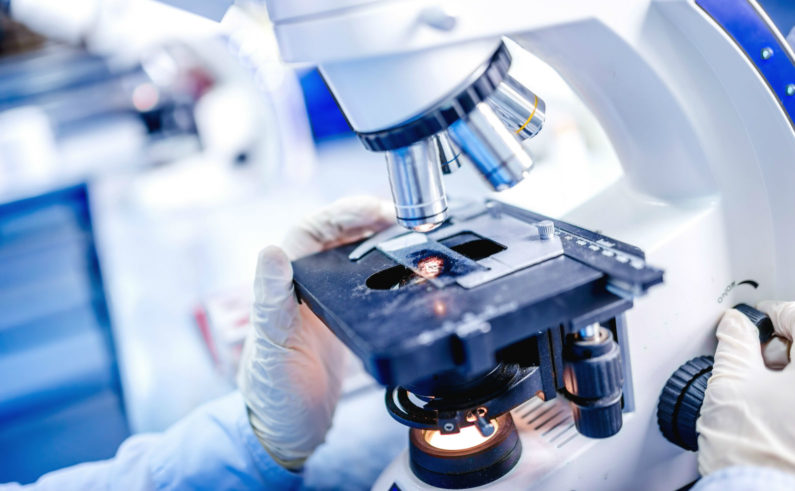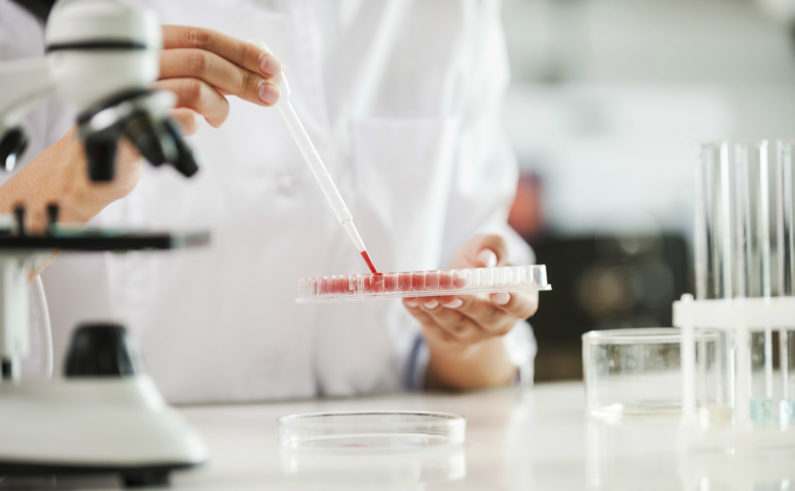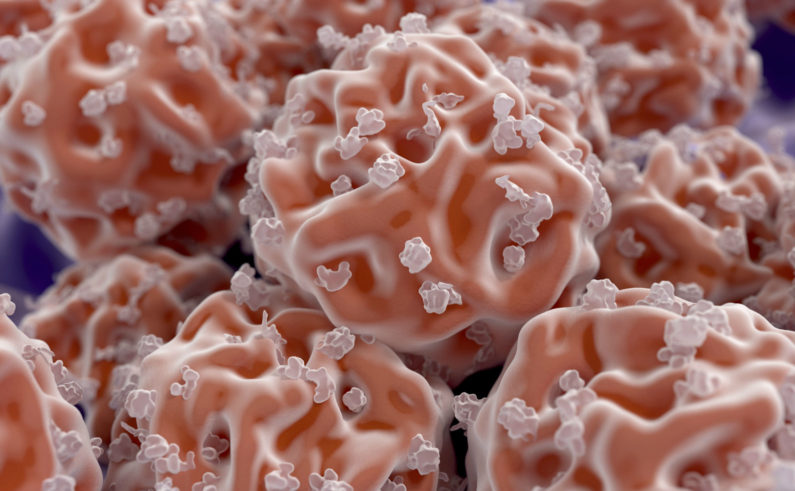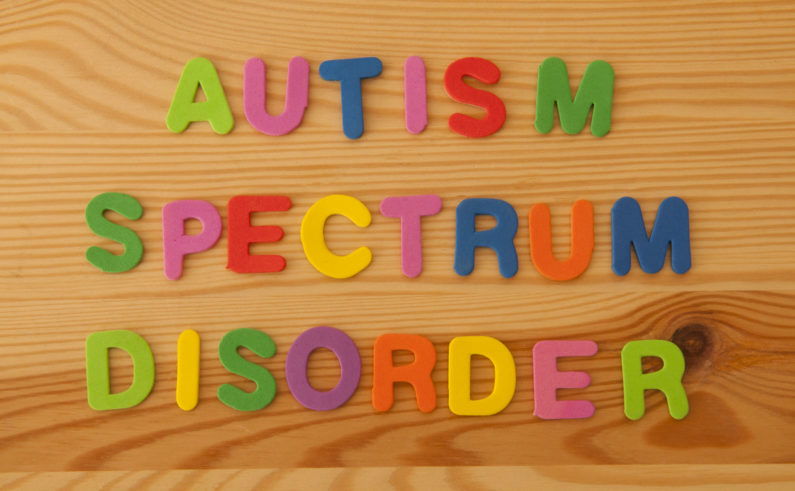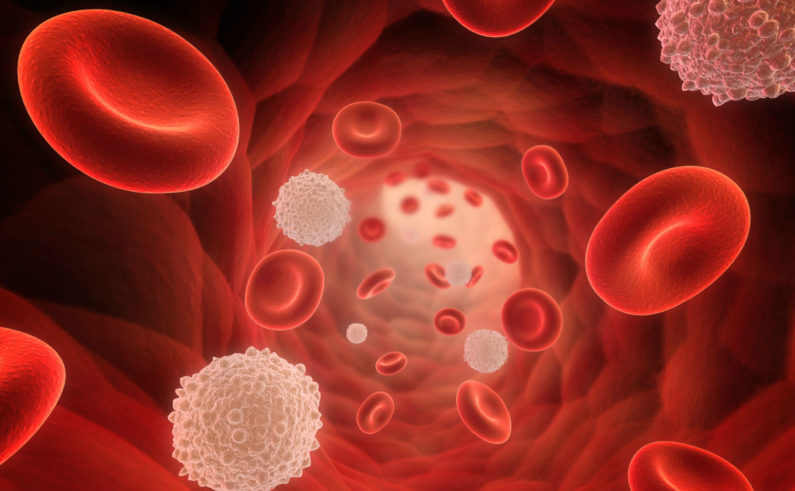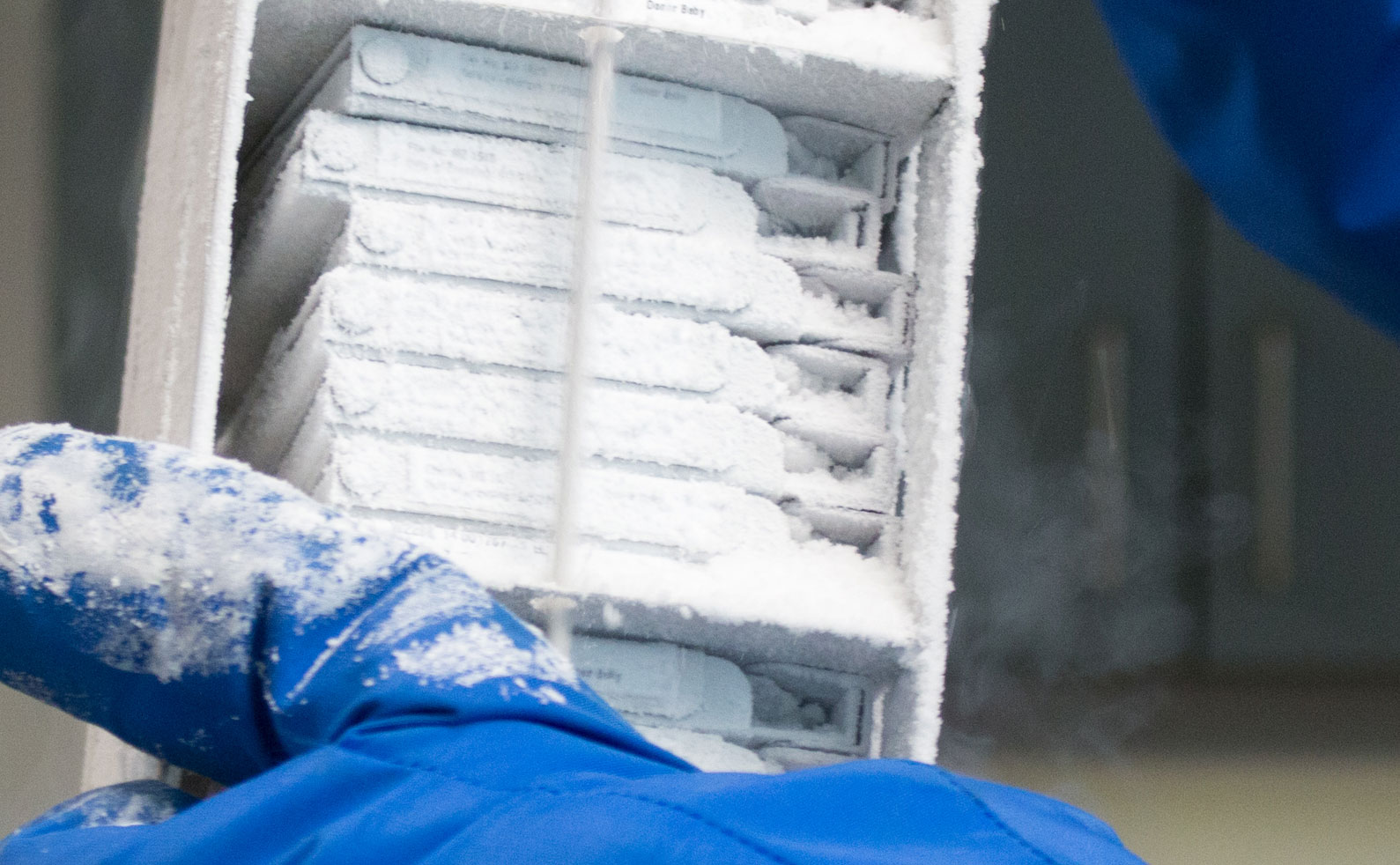Aplastic anemia, a rare form of anemia, comes from a loss of red blood cells in bone marrow. It stops production of blood cells and causes fatigue, and can lead to infections and excessive bleeding. This condition can happen at any age, and often occurs suddenly. Cord blood, which holds the most adaptable stem cells …
Continue Reading